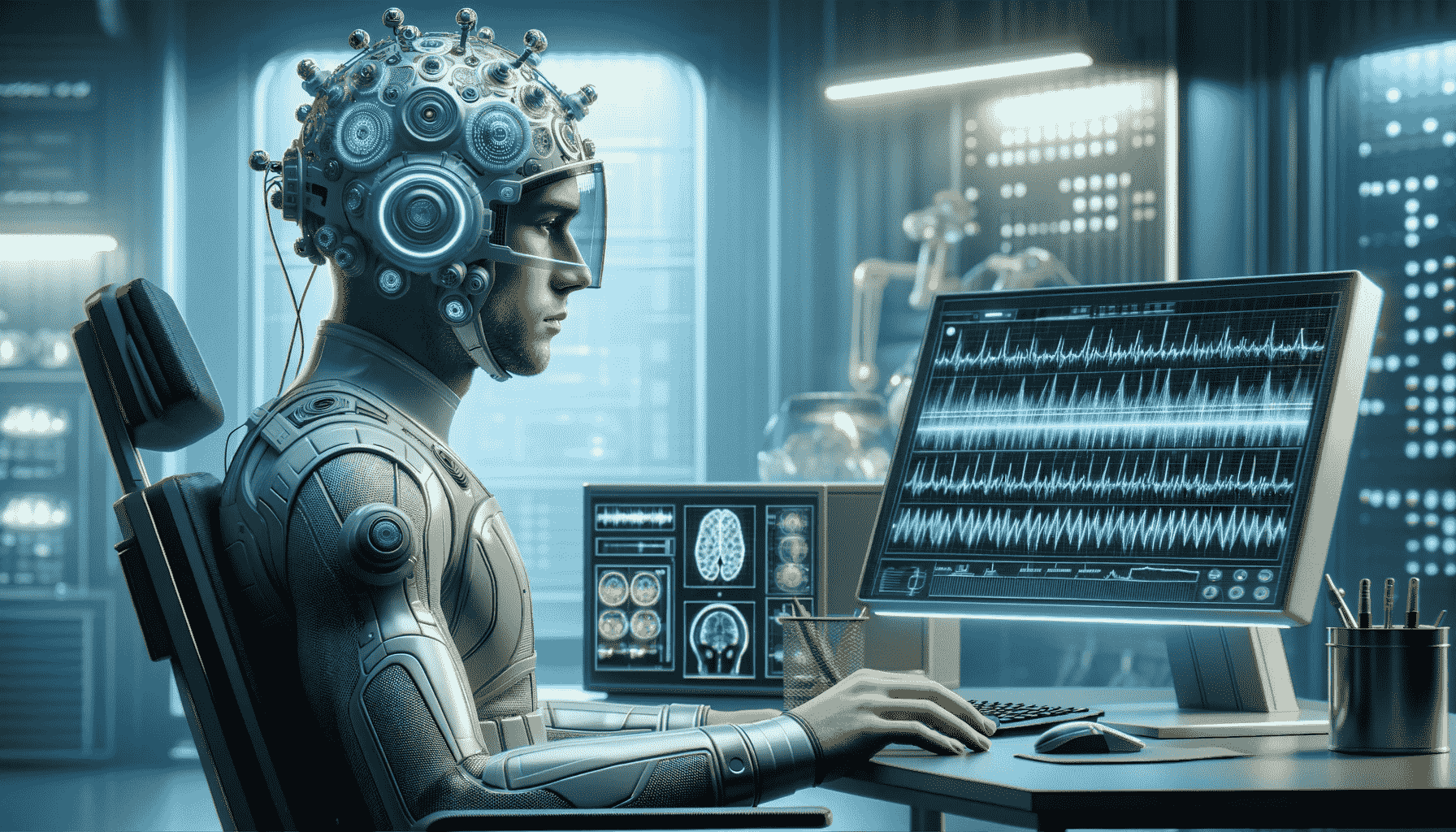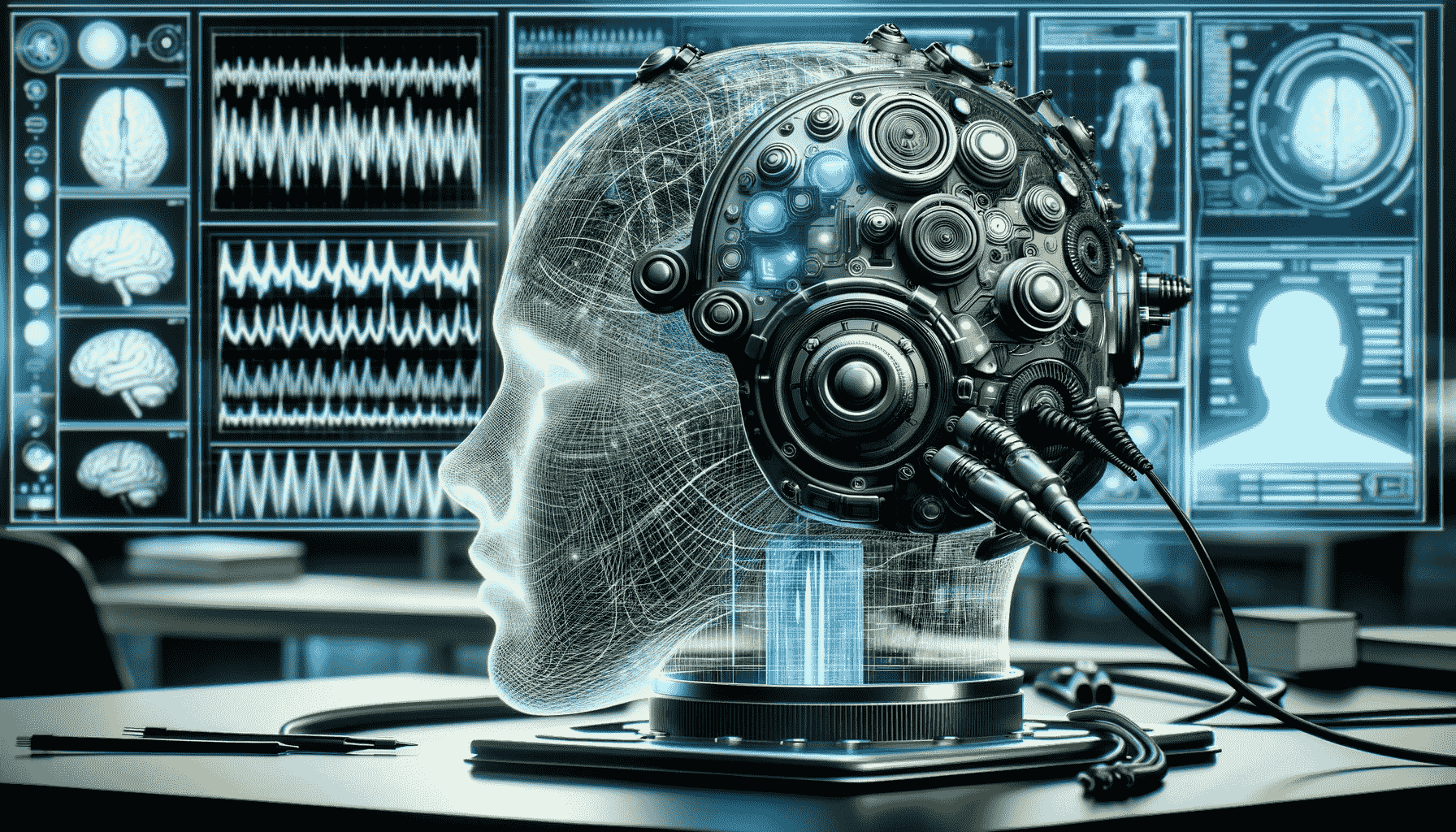
' Researchers are working on a revolutionary artificial intelligence system that can convert brain waves into text.'
Artificial intelligence technology is making a breakthrough in the field of brain-computer interfaces. Researchers have developed a system capable of directly translating human brainwaves into written text, offering significant hope, especially for individuals who have lost the ability to speak or face difficulties in speech.

This system, equipped with sensors and utilizing an artificial intelligence model named DeWave, detects brainwaves using a helmet. While the initial trials achieved a success rate of 40%, the system has become more accurate with the training of artificial intelligence, reaching success rates of up to 60%, even when participants silently read the text in their minds.
Charles Zhou, a researcher from the University of Sydney, suggests that this technology could revolutionize communication for individuals who have lost the ability to speak, such as those who have suffered a stroke. He also highlights its potential significant applications in the field of robotics.
This technology, by accessing human thoughts through reading brainwaves, raises new discussions on ethical and privacy concerns. Experts emphasize the need for careful regulation in the use of such technologies.
This study serves as a tangible example of significant strides in the fields of artificial intelligence and neuroscience, providing crucial insights into how these technologies might play a role in our lives in the future.